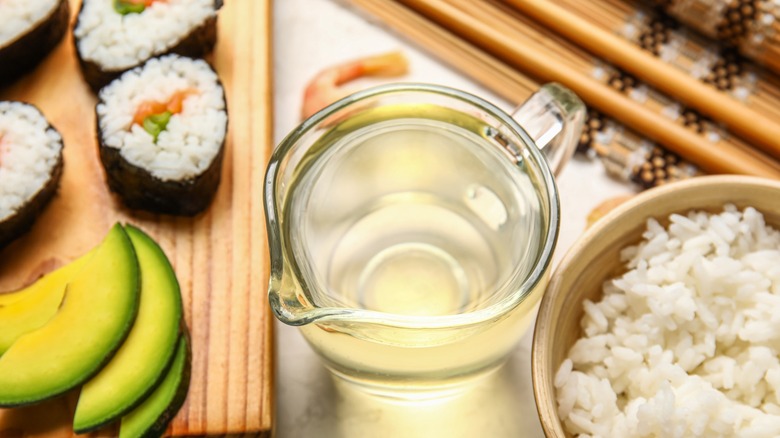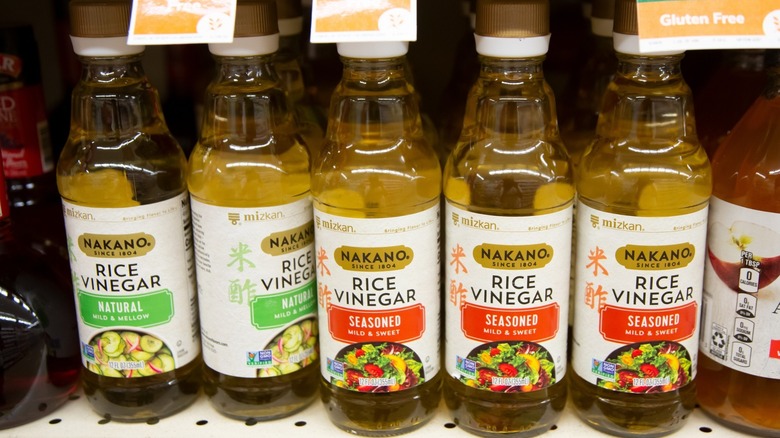How Is Seasoned Rice Vinegar Different From Unseasoned?
Rice vinegar is a kitchen essential in Asian cooking, celebrated for its versatility and ability to complement a diverse array of ingredients. It's been around for centuries, starting in ancient China where fermented rice was a big deal for preserving food and adding flavor. Eventually, Japanese chefs turned it into a sushi staple, using it to season rice just right, balancing the flavors of fresh fish and seaweed.
This innovation led to the creation of seasoned rice vinegar, designed to simplify the sushi-making process. So, what's the big difference between the two types? Unseasoned rice vinegar keeps it simple, with a mild, tangy flavor and neutral acidity. On the other hand, seasoned rice vinegar brings a bit more to the party — it's pre-mixed with sugar and salt, so it's ready to use when you need that sweet-salty balance.
Knowing when to use each type gives cooks more control in the kitchen. Whether you're sticking to tradition or experimenting with new flavors, rice vinegar is always a solid ingredient to have on hand.
When to use each type of vinegar
Reach for seasoned rice vinegar when you want quick, harmonized flavor without extra steps. It's perfect for dipping sauces — giving a burst of subtle flavor that pairs well with everything from spring rolls to grilled meats. It's also great for Asian-style slaws, adding just the right zing to shredded veggies like cabbage and carrots. If you're making a marinated cucumber salad, seasoned vinegar gives it that tangy, refreshing bite with minimal effort.
Unseasoned rice vinegar is the way to go when you want to fine-tune the overall flavor profile yourself. For example, with pickled veggies like daikon or red onions, it lets you decide how savory the final result should be. It's also a solid base for homemade vinaigrettes — just mix it with olive oil, garlic, and mustard for a dressing that pops. And if you're whipping up a teriyaki marinade, unseasoned vinegar keeps things well-rounded so the soy sauce, ginger, and brown sugar can shine.
Whether you go with seasoned or unseasoned, picking the right one helps your dish stand out. Rice vinegar, particularly unseasoned or lightly seasoned, can also be a health-conscious choice due to its low calorie content. Having both on hand makes it easy to switch things up, no matter what you're cooking.

